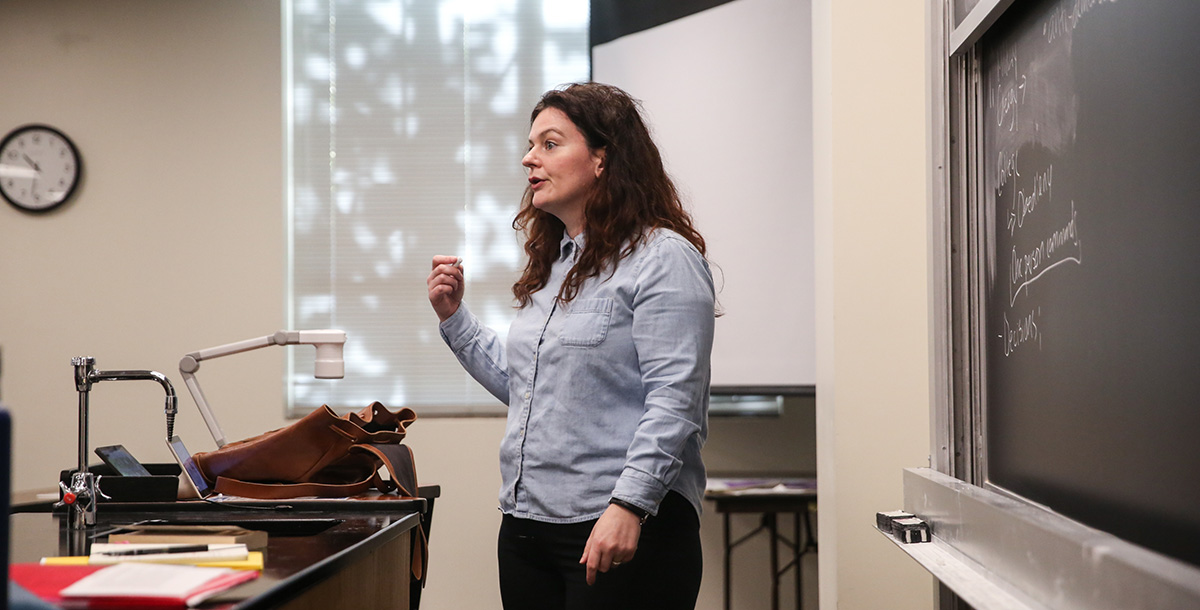Academic Advising Home
Empowering Your Academic Journey
The Office of Advising and Learning Support equips students to confidently navigate their educational journey through personalized academic advising and learning support. We partner with each student to identify and reflect on their unique goals and develop a clear path to graduation. We consult with faculty advisors as they work to support advisees and academically struggling students. Together, we strive to ensure that every student feels supported, valued, and informed, takes responsibility for their academic progress, and realizes their educational goals. By providing comprehensive resources, expert guidance, and collaborative learning opportunities, we know students will thrive.




Faculty/Professional Advisors
Best Practices/ApproachAcademic Advising Resources
Advising Reflection Questions
